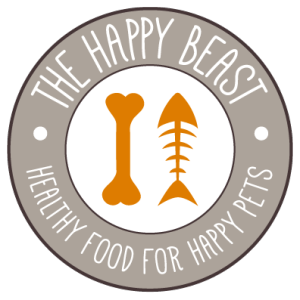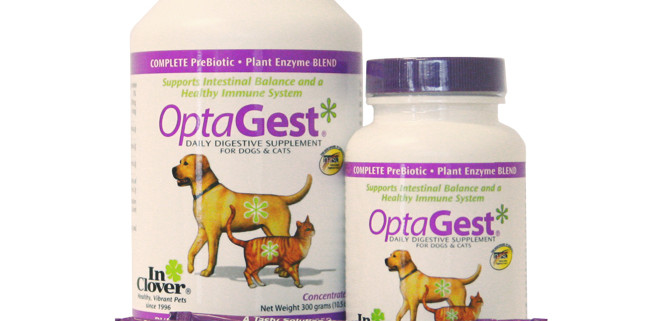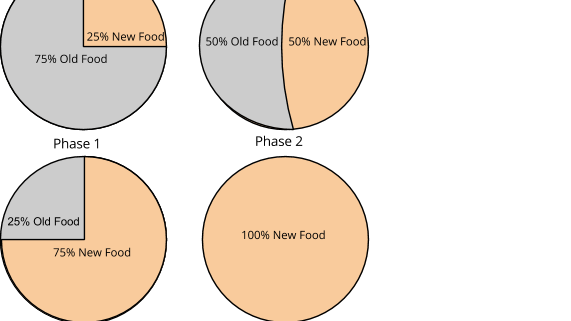What are digestive enzymes? Enzymes are responsible for making the chemical reactions in our body faster and more efficient. Digestive enzymes aid the body by breaking down proteins from food into amino acids which can be absorbed and utilized. Enzymes facilitate proper absorption of foods.
Digestive enzymes are found in raw foods. They are what cause foods to break down and decay. For example, bananas contain the enzyme, amylase. Amylase breaks down raw starch into sugar, which is why green bananas become softer and sweeter as they sit on the counter. All raw foods contain the right amount of the specific enzyme required to break the proteins they are made of.
Why is this important? Cooking destroys the enzymes that are required to break food down, so when we eat cooked food our bodies have to source enzymes from an internal supply. If the body is focused on producing enzymes for digestion, less energy is allotted to the metabolic enzymes used in organ, muscle and cell function.
Efficient and complete digestion is essential to good health. When the digestive system is functioning well, the rest of the body is prepared to maintain good health and fight disease. Digestive enzymes can take the body from merely surviving to truly thriving. This is especially important in animals with allergies, compromised immune systems, IBD, IBS, and pancreatitis. Symptoms of an enzyme deficiency can include bloating, gas, irritability and fatigue.
How should this affect your choices for pet food?
- Feed raw. Any food that hasn’t been cooked over 118 degrees will retain its required enzymes. Choose a frozen, dehydrated and freeze-dried raw food that is complete and balanced. See some of the foods we recommend here.
- Supplement with a digestive enzyme. Choose a plant-sourced enzyme as they survive under more diverse conditions. Avoid enzymes called “animal pancreas extracts” which may not survive the acidic environment on the digestive tract. We like InClover’s Optagest.
- Choose raw treats like frozen marrow bones and raw goat milk. These treats contain live enzymes to support the digestive tract and overall good health and your animals will love them!
- Read our blog post on “Helping Pets with Digestive Problems“ for more info and recommendations.


